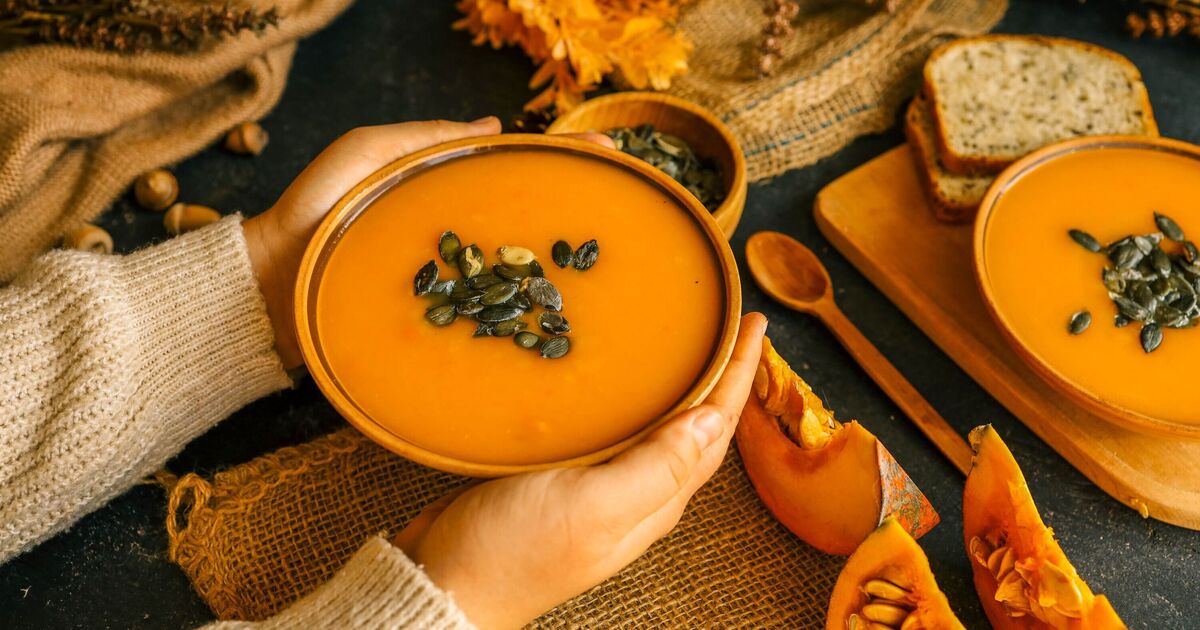As the chill of autumn sets in, a Halloween favourite is being celebrated as a “nutritional powerhouse” with benefits that extend well beyond the spooky season. Good Housekeeping experts have lauded pumpkin, which is technically a fruit as it comes from the seed-bearing structure of flowering plants, for its impressive health credentials.
The CDC in America has even placed it at the pinnacle of its nutrient density chart for fruits and vegetables. Dietitian and chef Jessica Swift Harrell, R.D.N., I.F.N.C.P., praised the humble pumpkin to Good Housekeeping, saying: “Pumpkin can often be overlooked, but it has many functional benefits. It’s high in antioxidants like beta-carotene, known for destroying free radicals and fighting inflammation that can wreak havoc on our bodies.
“It also contains fibre, which not only helps stabilise blood sugar but is also imperative for good digestion, feeding our gut microbiome and regulating bowel activity.”
Revered globally for centuries, every part of the pumpkin is edible, offering versatility from solid chunks to sumptuous soups.
According to Good Housekeeping, pumpkin boasts an impressive array of health benefits, largely due to its rich stores of antioxidants, polyphenols, and carotenoids, including beta-carotene, which the body converts into vitamin A. These antioxidants work to combat oxidative stress, a factor linked to various health issues such as diabetes, cancer, and heart conditions.
Pumpkin is also celebrated for its immune-boosting properties, particularly as the colder months approach, thanks to its high content of vitamins A, C, and E. Furthermore, it contains both soluble and insoluble fibre, which are beneficial for gut health and digestion.
Good Housekeeping noted: “Pumpkin seeds are rich in heart-healthy monounsaturated and polyunsaturated fatty acids, such as linoleic and oleic acids, as well as fibre which may help lower bad cholesterol and protect against cardiovascular disease. The beta-carotene found in pumpkin doesn’t just serve as a protective antioxidant; it also helps keep your eyes healthy and may even prevent age-related eye issues.”
Additionally, the fibre content helps regulate the rate at which sugar enters the bloodstream, preventing sudden spikes in blood sugar levels.










